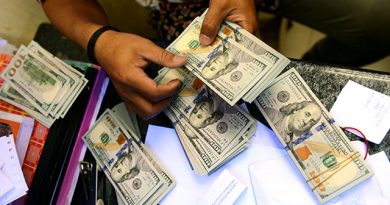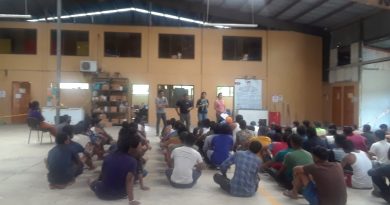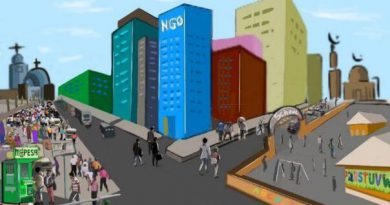By Julie Zollmann, Airokhsh Faiz-Qaisary, Kenza Ben-Azouz, Kim Wilson, and Radha Rajkotia. Refugees resettled in the United States are typically supported quite closely early in their transition as support agencies help them settle into new homes, open bank accounts, get their first jobs, and register their children in school. Agencies monitor whether refugees are “self-sufficient,” meaning that their incomes cover their most essential expenses as quickly as possible. However, little is known about the next stage of refugees’ financial and economic transitions, once refugees are no longer interacting regularly with resettlement agencies. In July 2018, we interviewed 29 refugees who had been resettled two to three years earlier to understand the phases of their financial transition and identify possible opportunities to accelerate refugees’ financial gains.
Read More




